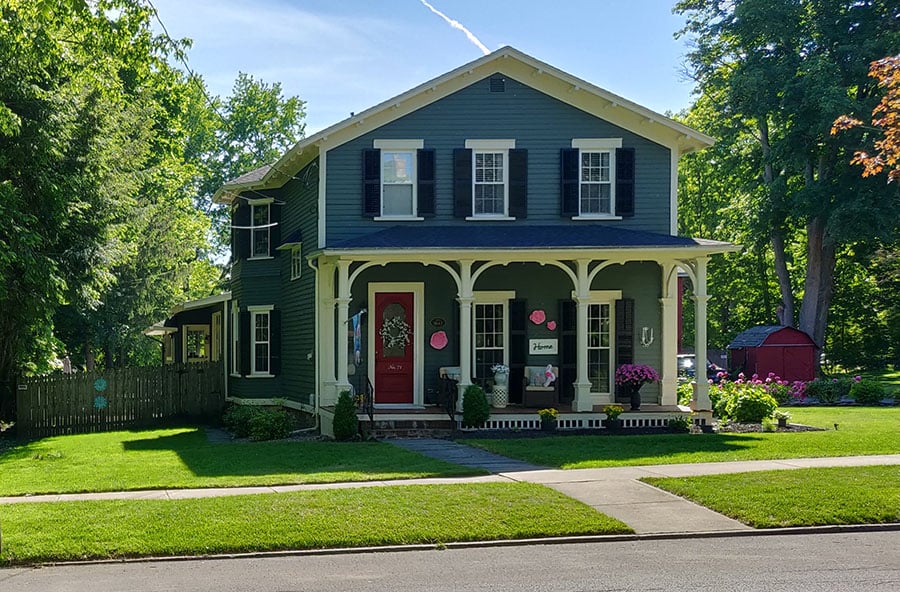So, you are ready to purchase a new home. You hired a real estate agent, made a list of your new home’s “must-haves”, explored areas of town you might like to live in and are ready to start seeing houses. The final thing to consider, and discuss with your real estate agent, is if buying in an HOA community is right for you. This month we look at several of the most common pros and cons to owning a home in a community with a homeowners’ association.
First, what exactly is a homeowners’ association (HOA)? It is a formal agreement among a group of owners in a building or community to manage common areas and equally share the associated costs in the form of monthly, quarterly, or annual dues. The fees go toward the expenses associated with this regular maintenance as well as a portion of it going to “reserves” or savings for future expenses. In addition to dues, the agreement will also have rules or bylaws that govern community.
The Pros
The top three benefits of living in an HOA community are: amenities, appearances and reduced home maintenance responsibilities.
- Amenities – Most HOA communities have amenities. These can range from pools and parks to fitness centers and community centers. Some HOA dues will also cover utilities such as water, trash/recycling, basic internet, and cable.
- Appearances – The exterior appearance of a home and its landscaping are typically governed by the association. This means that the overall appearance of the community looks great. Homes, lawns, and exterior spaces will be uniform and well maintained. This can contribute to curb appeal and help to maintain your property value.
- Reduced Responsibilities – If the HOA includes exterior maintenance, it will reduce your overall responsibilities as a homeowner. Things like snow removal and lawn care may be taken care of for you. This will allow you to spend more time doing things you want to do and less time doing things like yard work.
The Cons
As with pros there are three equally important cons to keep in mind when looking at a purchase in an HOA community. Dues can be very expensive, additional dues can be required through assessments, and certain abilities can be restricted.
- Expensive – HOA dues can get pricey. The more amenities, or a possible mis-management of the HOA, a community has the higher the cost. Some can even reach hundreds of dollars a month and if left unpaid, an HOA can put a lien on your home That being said, it is important to determine the amount of the dues and how that fits into your overall budget.
- Unanticipated Assessments – An HOA can impose what is called a “special assessment”. This is generally associated with the commencement of a community improvement project. These assessments can be unexpected and add a considerable increase to monthly dues or require a lump sum payment. To hedge against this, insurance companies do offer special assessment insurance. That way if one comes up you would only have to pay your deductible instead of the full amount. Your real estate agent can help you fully understand this type of scenario and help you understand it could impact your budget.
- Can limit abilities – The rules of an HOA community can definitely keep a community looking great, but it will come with restrictions. Bylaws can explicitly limit what you can do to exterior of your home. This is something to consider if it is important to you to be able to landscape or modify your exterior without limitations. An HOA may also have rules about size and number of pets you are allowed to have and may limit your ability to rent out your home.
Buying in a community with an HOA is something to explore and consider carefully. The benefits may suit your needs perfectly or the cons may be too restrictive. In either case, your real estate agent can help you navigate this aspect of purchasing a home. I have a lot of experience helping clients determine if living in an HOA community is right for them so if you have questions about homeowners’ associations, or other real estate related inquires, give me a call.

